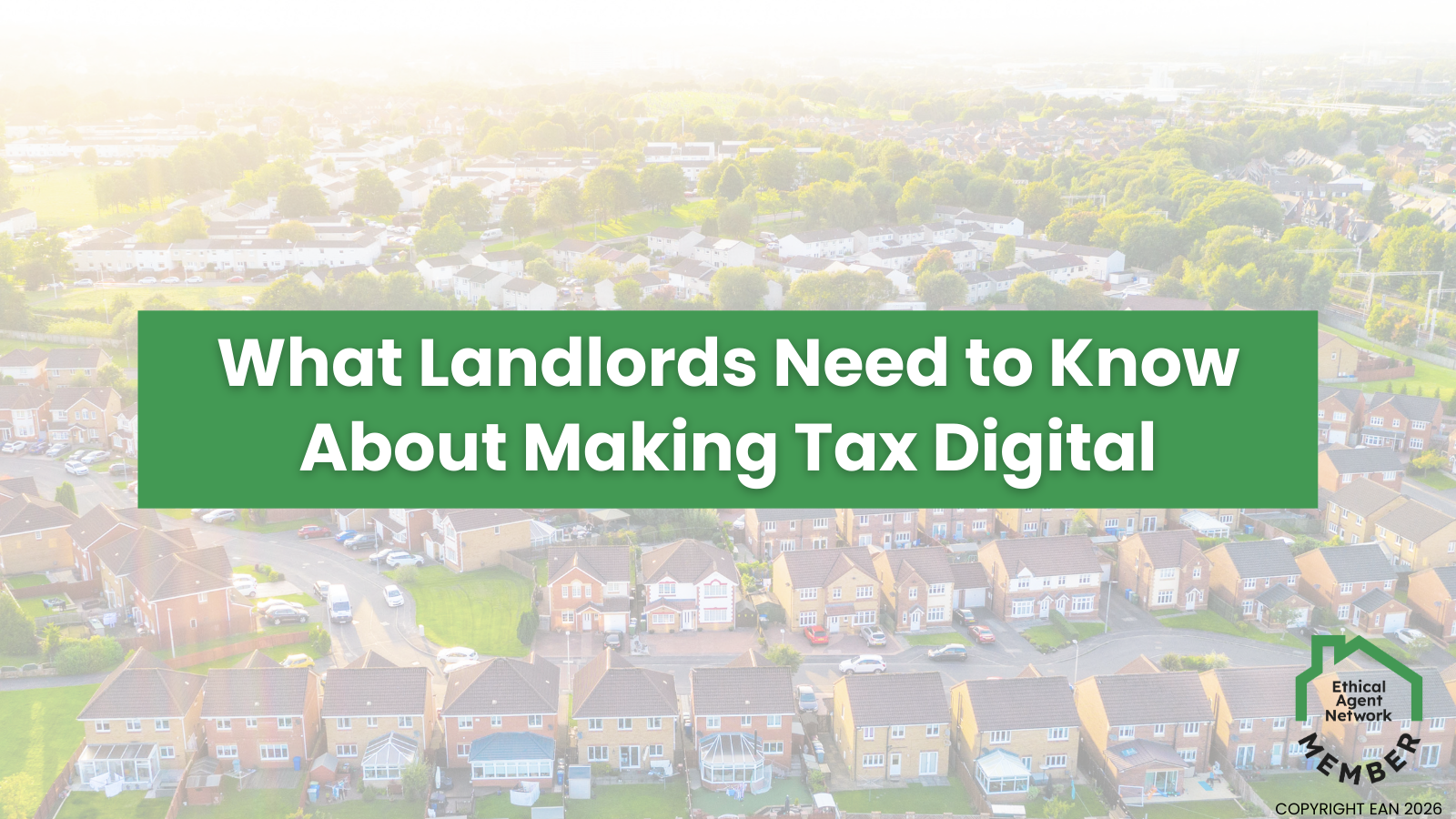The Renters' Rights Bill has just concluded its passage through the House of Lords. Here's an update on what happened and a look at what comes next.
What is the Renters' Rights Bill?
The Renters' Rights Bill is said to be the biggest change to landlord-tenant law in a generation.
Key changes, to name just a few, include the end of fixed-term tenancies (all tenancies will become rolling, periodic tenancies). There will also be new rules on evictions. No fault evictions will not be permitted.
What has happened so far?
The government unveiled the Bill last September. It has passed through various stages in the House of Commons. MPs discussed it, made some amendments and passed it to the House of Lords.
What happened in the House of Lords?
The House of Lords discussed the Renters' Rights Bill in detail and proposed some amendments of their own.
The Lords suggested that, where a tenant has a pet, landlords should be able to request a pet deposit equivalent to three weeks' rent.
They suggested that where landlords evict a tenant to sell the property, they should be able to relet it after six months, not the 12 months previously proposed. Additionally, they said special rules should apply to property needed for carers and agricultural workers.
The Lords discussed special arrangements that should be made for ending all types of student tenancies at the end of the academic year.
They recommended that the government expand the courts and tribunal system to cope with the new rules.
There was also discussion about the burden of proof required before councils can issue civil penalties for breaches, and the advice to be given to letting agents on compliance.
The government made some amendments of its own at this stage too:
- Tenants with pets will no longer be required to have pet insurance, as originally planned.
- Local councils will be able to inspect rented properties without giving notice to the landlord.
- Restrictions on paying rent in advance won't apply to existing tenancies.
- There has also been an amendment on the effective date of a rent increase if the tenant takes it to a tribunal.
When will Renters' Rights become law?
Next, the Bill goes back to the House of Commons for the Lords' amendments to be considered.
MPs will decide whether to accept or reject them. However, because the government has a large majority, it's unlikely that many, if any, of the amendments the Lords recommended will pass.
The Bill then goes for Royal Assent and becomes law. (Although many of the new rules won't come into force immediately. They are likely to be phased in over the coming months.)
However, as the House of Commons has now gone on its summer break, none of this can happen until September.
The latest predictions suggest that the Renters' Rights Bill may become law before the Labour Party conference, starting on 28 September, or shortly after.
Nothing is certain as yet, though – so watch this space.
If you're a landlord with questions about the Renters' Rights Bill, please get in touch. We're here to help.
We hope you've found this update informative. Please feel free to share it with your friends and colleagues.


 3 minute read posted by
3 minute read posted by 



Share this with
Email
Facebook
Messenger
Twitter
Pinterest
LinkedIn
Copy this link